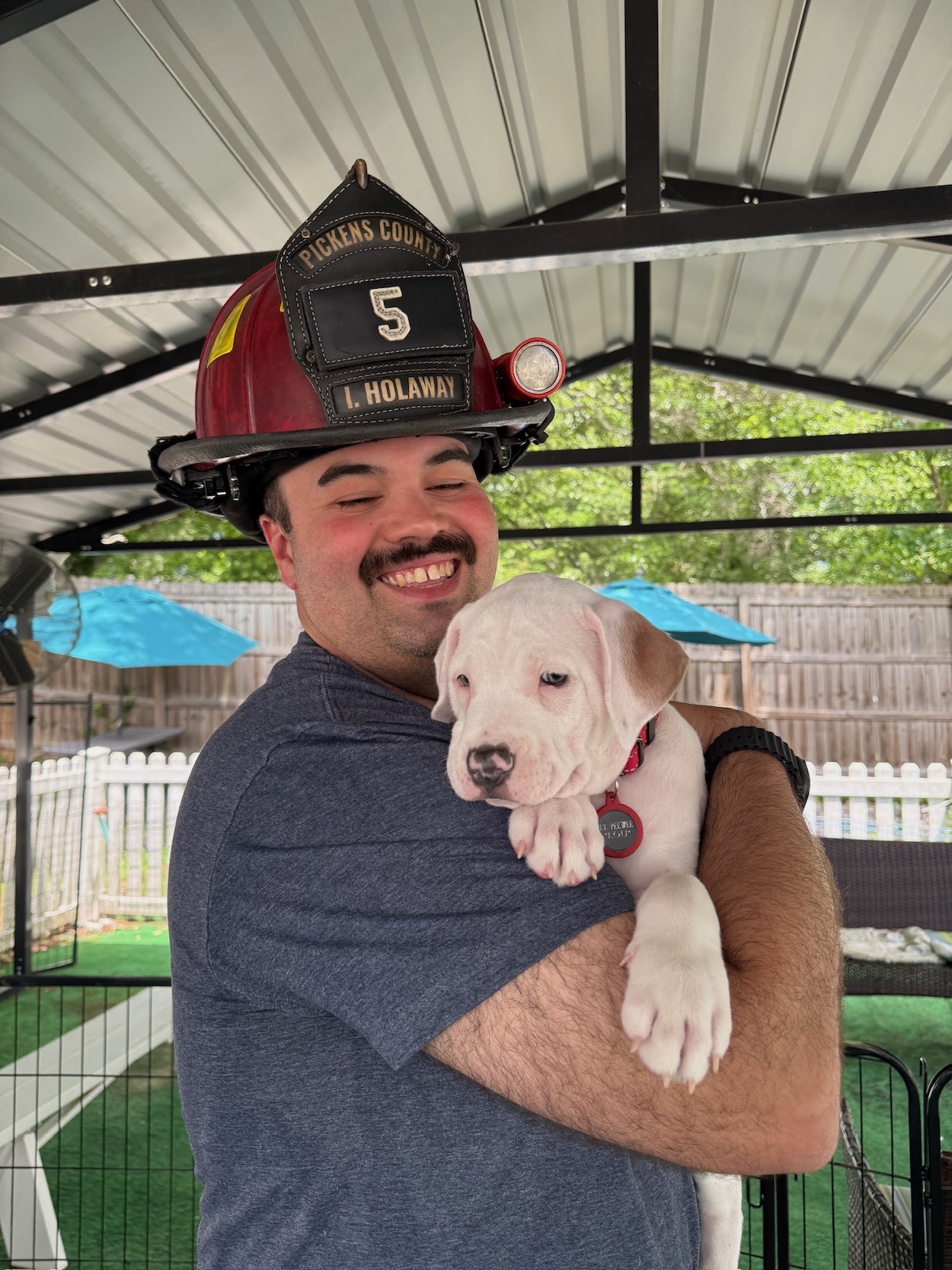You may have heard about “littermate syndrome,” also known as littermate dependency, which refers to certain behavioral issues said to occur when two puppies from the same litter are raised together. Associated behaviors include separation anxiety, extreme attachment to one another, aggression, and difficulties bonding with people. Certain breeds, such as dachshunds, terriers, and border collies, are said to have a higher propensity for this syndrome.
Yet some experts regard the notion of “littermate syndrome” as a myth—and in fact there’s no scientific link between canine siblings and behavior. Even when raised with pups who are not siblings, strong bonds can be seen between certain dogs, and aggression with others. These issues apparently have nothing to do with whether the dogs come from the same litter. That’s why any “evidence” of littermate syndrome is purely anecdotal.
“I don’t think it’s a syndrome,” says Dr. Marc Bekoff, author of Dogs Demystified: An A-to-Z Guide to All Things Canine and many other books and essays on dogs. “Research has shown that of course littermates will fight with one another but I wouldn’t call it an overarching predictable pattern.”
What are the signs of so-called littermate syndrome?
Some have asserted that two pups from the same litter can form an extremely intense bond, supposedly hindering their relationships with people, as well as their social development and interactions with other household dogs. This syndrome has been used as an argument against adopting two puppies from the same litter. But there’s no need to assume that it’s always a bad idea to adopt siblings. Consider the dogs’ individual temperaments and personalities, and take it from there.
Littermate syndrome is said to be evident when pet owners observe signs such as:
- Extreme separation anxiety
- Fear of other dogs, aggression toward other dogs
- Fear of unfamiliar people, aggression toward people
- High anxiety when siblings puppies are apart from one another
- Leash reactivity
The fact is, socialization is critical for all puppies, siblings or otherwise, as is training that’s guided by positive reinforcement. Depending on the circumstances of an adoption, and what your pup(s) have been through, extra patience and time may be required for bonding and helping them work through any behavioral quirks. If two dogs aren’t getting along well, or if two siblings seem excessively bonded, just know there’s some work to be done and proceed from there. (And if you’re hesitant about adopting two pups from the same litter, it might be a good idea to consult with a trainer, or talk with your vet.)
Rather than characterizing problematic behaviors as a “syndrome,” just know that there might be behavioral challenges to address (and gently modify). There’s no need to label these issues. In other words, instead of focusing on the supposed cause, simply work toward solutions. Assess the behaviors and the best ways to change them—whether on your own, in consultation with a vet, or hiring a dog trainer.
As Dr. Bekoff notes, “I haven’t observed this ‘syndrome’ in dogs or young wild coyotes or foxes, and have never heard about it in wolves. It’s a myth that needs to be put to rest once and for all.”





